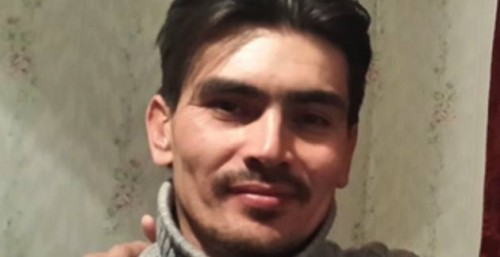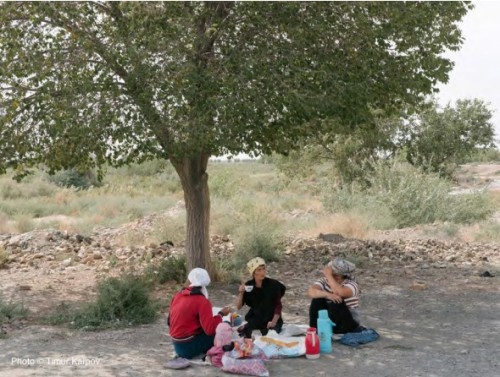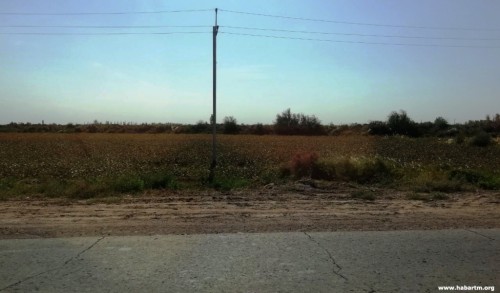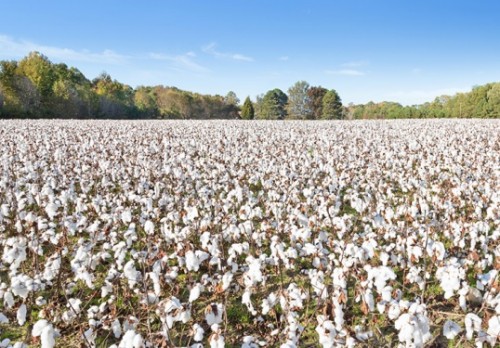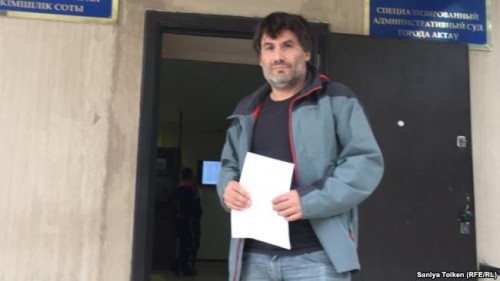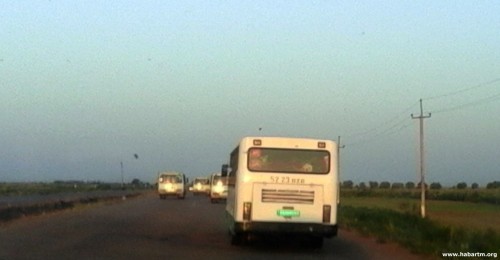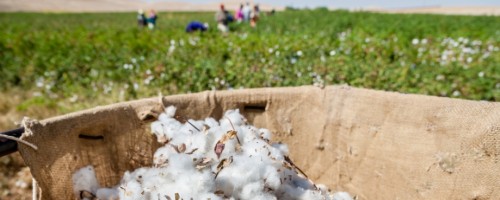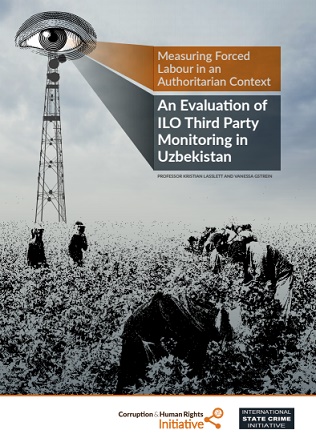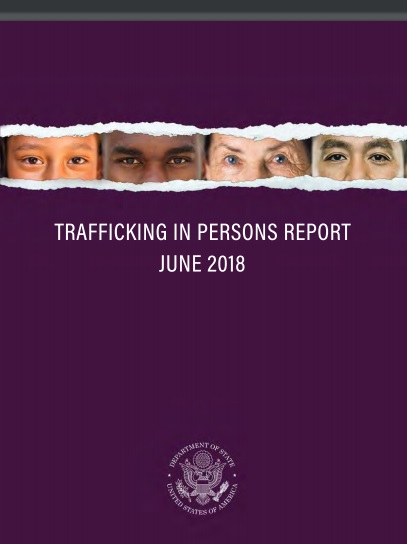Countries
Solidarity campaigns
13 August 2024
Georgia: Support striking workers at Evolution Gaming
5 June 2023
Georgia: Justice for Wolt couriers
10 May 2023
Belarus: Trade union activity is not extremism!
2 November 2019
Kazakhstan: Trade unionist Erlan Baltabay imprisoned - again!
19 November 2018
Kazakhstan: Stop repression and physical attacks on leaders of independent unions; hands off Larisa Kharkova, Erlan Baltabai and Dmitriy Senyavskiy
18 April 2018
MALOKHAT STILL NEEDS YOUR HELP
News
16 October, 2018 / kyrgyzstan
Review of the KR legislation on creation of a list of extremist materials
In March this year, during the review of the official website of the KR Ministry of Justice, a list of extremist materials was found in the Activities section. Upon careful examination, it was revealed that in the document entitled "List of legal entities and Internet sites banned on the territory of the Kyrgyz Republic" item No. 26 in the column "Name of legal entity (organization)" contained the following: Report of ADC Memorial submitted by the Human Rights Movement: Bir Duino-Kyrgyzstan and the human rights organization Freedom House entitled: "A Chronicle of Violence: the Events in the South of Kyrgyzstan in June 2010 (Osh region)", and in the column "Grounds for including a legal entity in the List": "Decision of Oktyabrskiy District Court of Bishkek as of 05.01.17", and in the final column "Category of legal entity (organization)" it is indicated: "Extremist".
16 October, 2018 / turkmenistan
Turkmenistan: Free Gaspar Matalaev, end forced and child labour
Human rights defender Gaspar Matalaev has now spent more than two years in prison for the 'crime' of documenting the massive use of forced labour in the cotton fields of Turkmenistan.
16 October, 2018 / uzbekistan
Cotton Harvest Chronicle 2018, Issue 3
The Uzbek-German Forum for Human Rights (UGF) continues to monitor forced labor during this year’s cotton harvest in Uzbekistan. UGF monitors collecting information in seven out of Uzbekistan’s 13 regions are recording massive forced mobilization to pick cotton or the demand to pay for replacement workers.
11 October, 2018 / turkmenistan
Turkmenistan’s cotton harvest campaign continues despite stillborn crop
In Turkmenistan, it is half-way through the cotton harvesting season. Despite the crop failure and empty cotton fields, local government officials hold daily meetings with chiefs of institutions and demand more people in the fields and more cotton to meet the state plan
01 October, 2018 / turkmenistan
Twelve major brands sign Turkmen Cotton Pledge
To coincide with the Turkmen president’s attendance at the UN General Assembly – the first time since 2015 – apparel companies and global investors have expressed disapproval regarding the nation’s use of statesponsored forced labour in Turkmenistan’s cotton sector.As a method to remedy this, twelve apparel brands and retailers from around the world have signed the Responsible Sourcing Network (RSN) Turkmen Cotton Pledge, committing not to source cotton from Turkmenistan until forced labour has been eliminated.
28 September, 2018 / kazakhstan
French Journalist Detained In Kazakhstan While Preparing Report On 2011 Deadly Protests
Prado's interpreter, Danara Ismetova, told RFE/RL by phone that police on September 27 detained her and Prado in Aqtau, the capital of the Manghystau region, and took them to a local police station.
05 September, 2018 / turkmenistan
Turkmenistan: Bus Crash Injures Dozens of Cotton Pickers
Dozens of people have been injured in a bus accident and have been taken to the hospital, eyewitnesses reported to ATN. The crash occurred on August 31st in the eastern city of Turkmenabat. The roughly 40 people on board were kindergarten and secondary school staff, traveling to Farap district, 30 km outside of Turkmenabat, to pick cotton. Due to lack of seats some people had to stand.
08 August, 2018 / turkmenistan
Brands should boycott Turkmenistan cotton over use of forced and child labour
Anti-Slavery International is urging all brands to pledge not to knowingly source cotton from Turkmenistan due to systematic forced and child labour in the sector, writes Klara Skrivankova, UK and Europe Programme Manager
03 August, 2018 / uzbekistan
Measuring Forced Labour in an Authoritarian Context – An Evaluation of ILO Third Party Monitoring in Uzbekistan
Corruption and regimes of forced labour in Uzbekistan are closely entwined. This is exhibited most acutely in the cotton sector. Revenues from the export of cotton are hidden by the state, and rent-seeking from public officials goes hand in hand with the coerced recruitment process.
28 June, 2018 / turkmenistan

